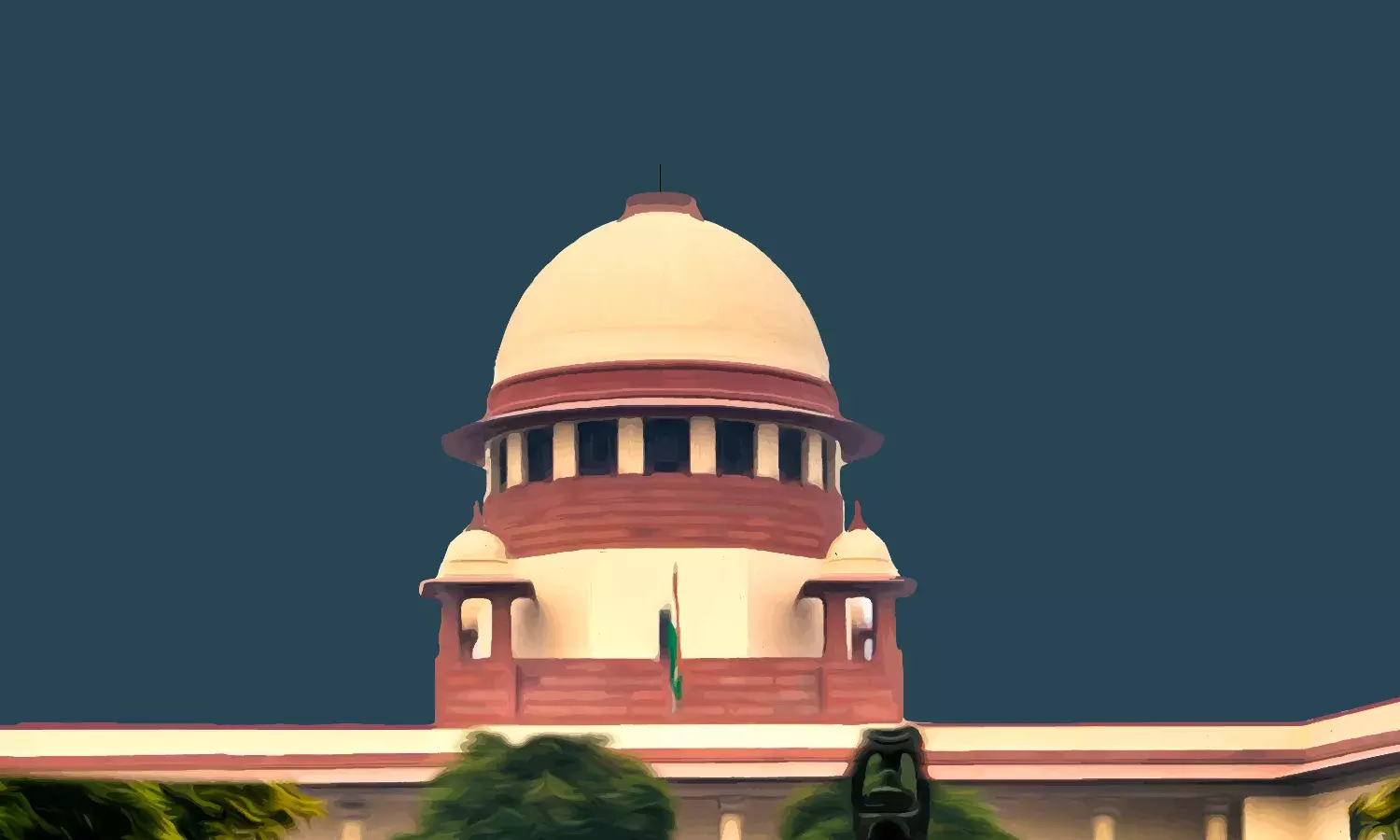A Party Can Challenge Adverse Findings In A Favourable Decree Without Fling Cross Objection: Supreme Court
The Supreme Court has held that a party is not barred from challenging an adverse finding in a Decree without filing a memorandum of cross objection under Order XLI Rule 22 of the CPC. Because of its plenary power under Article 136 of the Constitution and its power to do complete justice between the parties under Article 142, the Supreme Court can consider new grounds for the first time, if they involve a question of law that does not require additional evidence, such as one concerning the court's jurisdiction, which goes to the root of the matter.
The Trial Court had held that it had the jurisdiction to entertain the suit filed by one of the Respondents before the Supreme Court, while dismissing the suit on the ground that the Plaintiff was not the owner of the subject property. The suit was filed inter alia challenging the auction of the subject property by a government authority. The High Court reversed the judgment and decree of the Trial Court on a First Appeal filed by the Plaintiff and held that the auction of property by Defendant was null and void. The auction purchaser, another Defendant, approached the Supreme Court against the Judgment of the High Court.
The appellant before the Supreme Court contended that the Civil Court had no jurisdiction to entertain the Suit, though the appellant had not filed any cross objection or counter affidavit before the High Court.
The two Judge Bench of the Supreme Court comprising of Justice Chandrachud and Justice Shah held that "though the appellant did not assail the finding of the Trial Court on the issue of jurisdiction before the High Court under Order XLI Rule 22 CPC either by filing a memorandum of cross-objection or otherwise, he is not precluded from raising the argument before this Court".
The Bench held that in view of its plenary jurisdiction under Article 136 of the Constitution read with its power to do complete justice under Article 142, it can entertain new grounds raised for the first time if it involves questions of law which do not require adducing additional evidence. The Bench accordingly allowed the appeal and set aside the impugned judgment of the High Court. The suit instituted by the respondent was dismissed holding that the Civil Court had no jurisdiction to entertain the suit.




